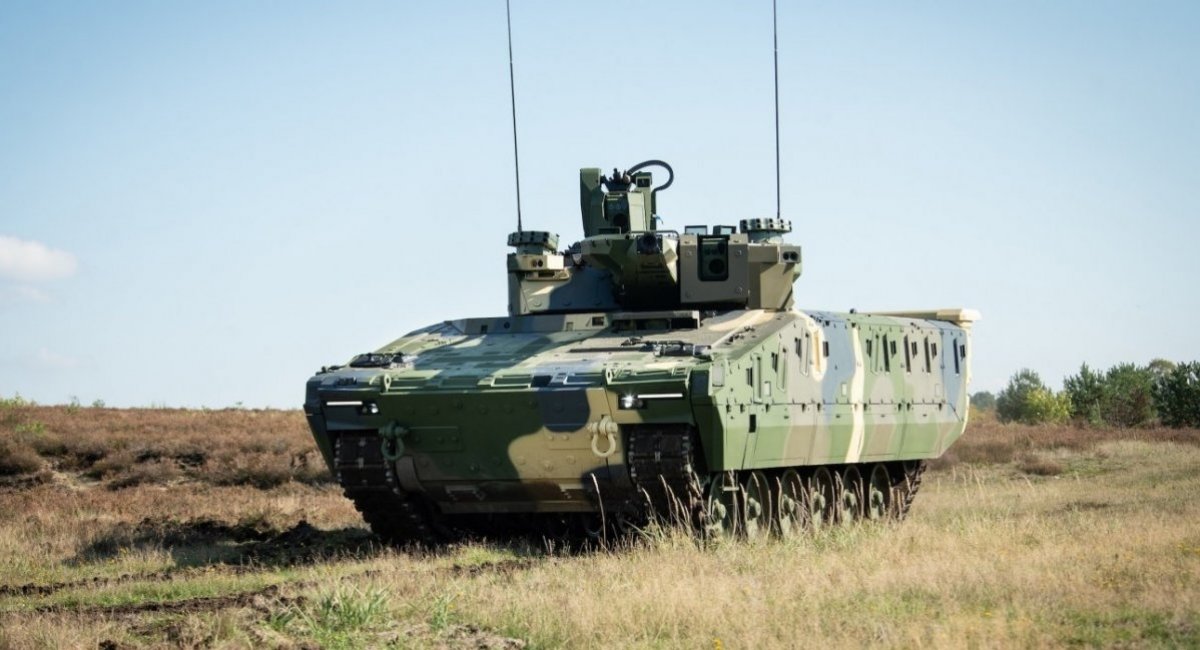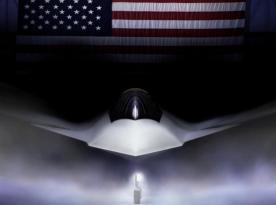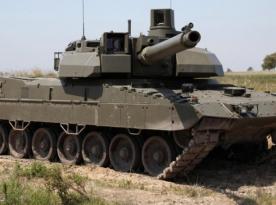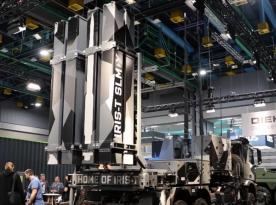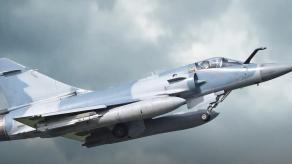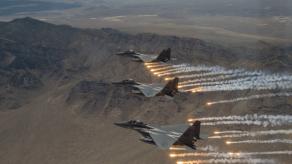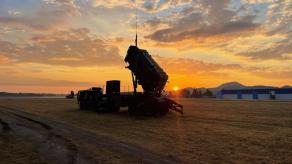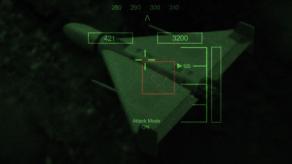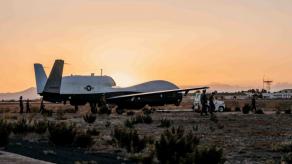Despite plans to enter local production in Ukraine and begin service with the Ukrainian army, the KF41 Lynx infantry fighting vehicle is still undergoing acceptance tests in the Ukrainian Armed Forces. Furthermore, those are tests at sites in the rear, without use at the war frontline.
The current status of the prospective deal with Kyiv was clarified by Armin Papperger, CEO of Rheinmetall, in a report by German Aid to Ukraine. While refusing to name the expected end dates of the ongoing procedures, the head of German defense concern noted that the process has been underway for six or seven months already since one vehicle was handed over to the Ukrainian military for trials in January 2025.
Read more: Since Ukraine Got KF41 Lynx For Testing, Let's Recall its Specs and Mass Production Prospects
My latest piece → After months of silence, @RheinmetallAG CEO Armin Papperger speaks out in BILD and reveals that the Lynx IFV is still undergoing trials in #Ukraine. A brief summary of the current process and the future.https://t.co/Q0Y50uW4zn — German Aid to Ukraine (@deaidua) July 13, 2025
Rheinmetall wants to proceed as soon as possible to concluding a supply agreement, because each week of delay reduces the likelihood of launching serial production of the Lynx in Ukraine, currently anticipated to start in 2027. If the progress stalls, it risks facing its second postponement — a bad look in the eyes of interested parties.
Also, finalizing a contract would require that the German government is on board with financing the project. Although here Berlin, most likely, is simply waiting for the green light from the Ukrainian side.
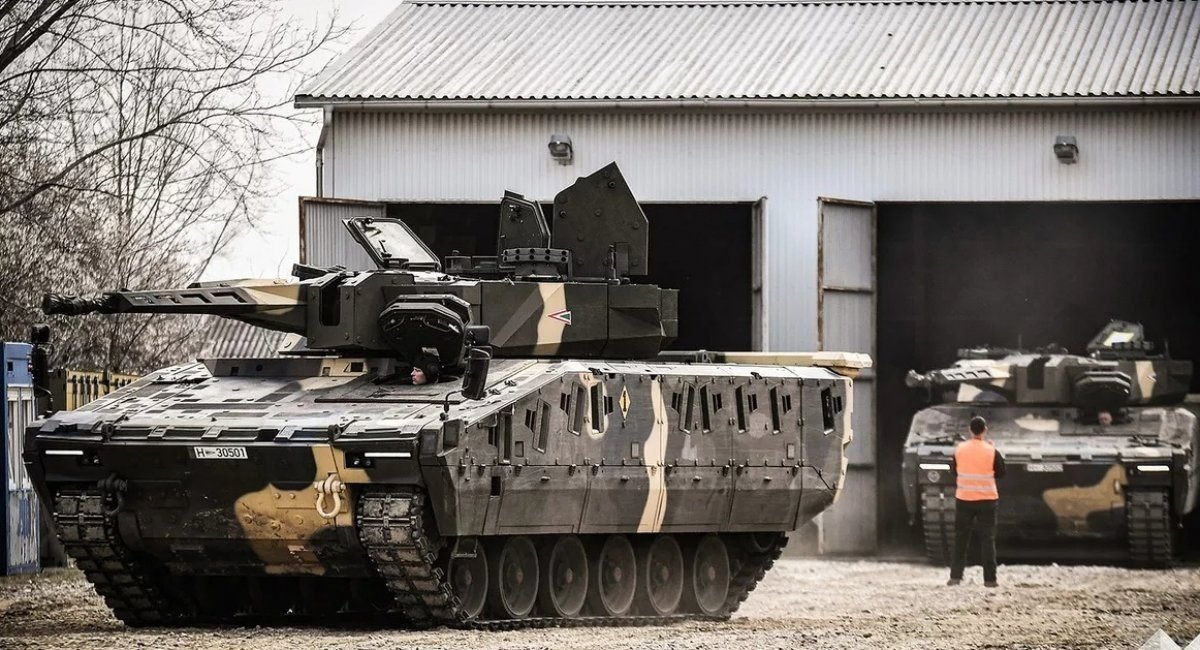
Papperger estimates that Ukraine needs 3,000 infantry fighting vehicles but at the same time admits the lack of funds to order this many. He expects that the Lynx contract value will be in the billions of euros range.
The situation with the slow tests sounds strange, too, for Lynx has recently undergone a thorough testing in Hungary, where it is already being mass-produced. Italy also scheduled its own tests, intending to place a large-scale order.
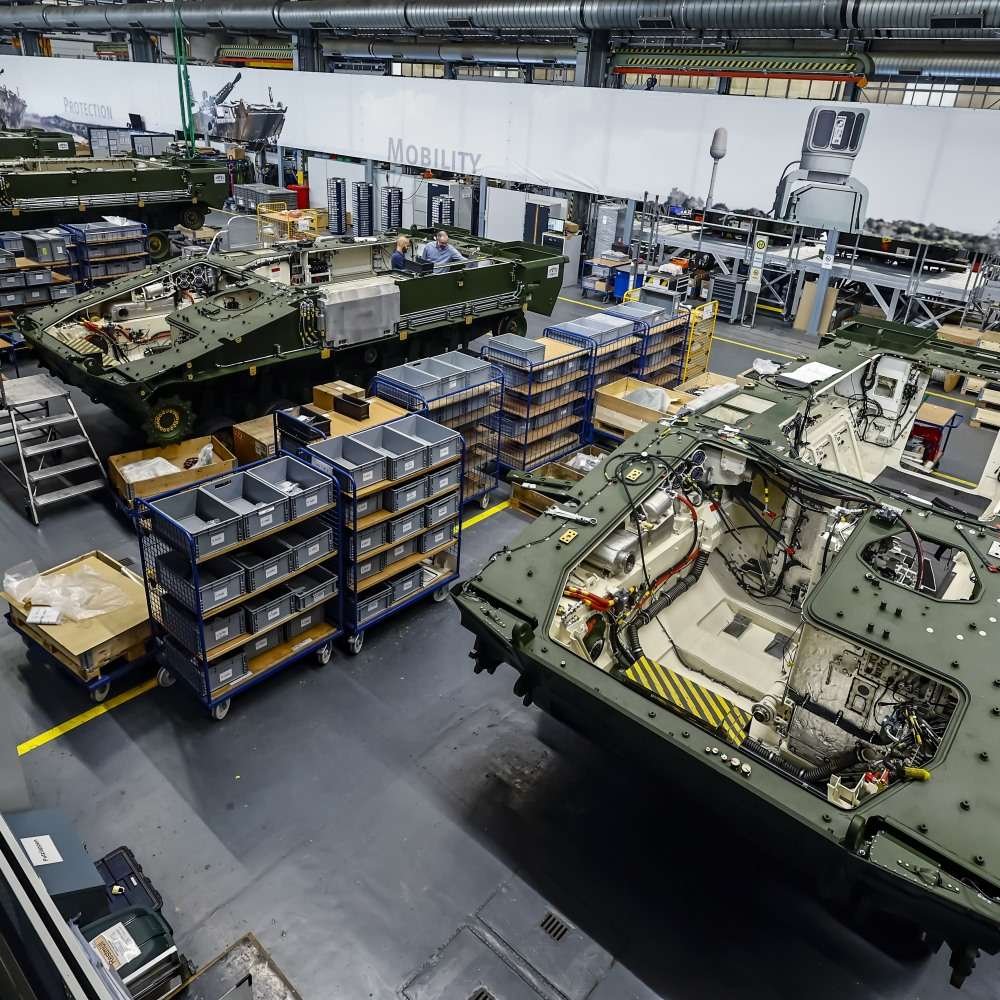
That said, Ukraine has its own requirements a combat vehicle must meet in order to pass acceptance tests. Some of them may be formal and rather unconventional, while others are reasonable and necessary in the conditions of the modern battlefield.
Also, some changes might have been made to the Lynx, such as undoing the integration of Israeli Spike anti-tank missiles which cannot be shared with Ukraine for political reasons, so additional tests make sense. Since none of the countries involved has yet officially commented on the situation, the reasons for the delays are yet to be explained.
Read more: Hungary Just Created Its First Battalion on Lynx IFV: How Long it Took




